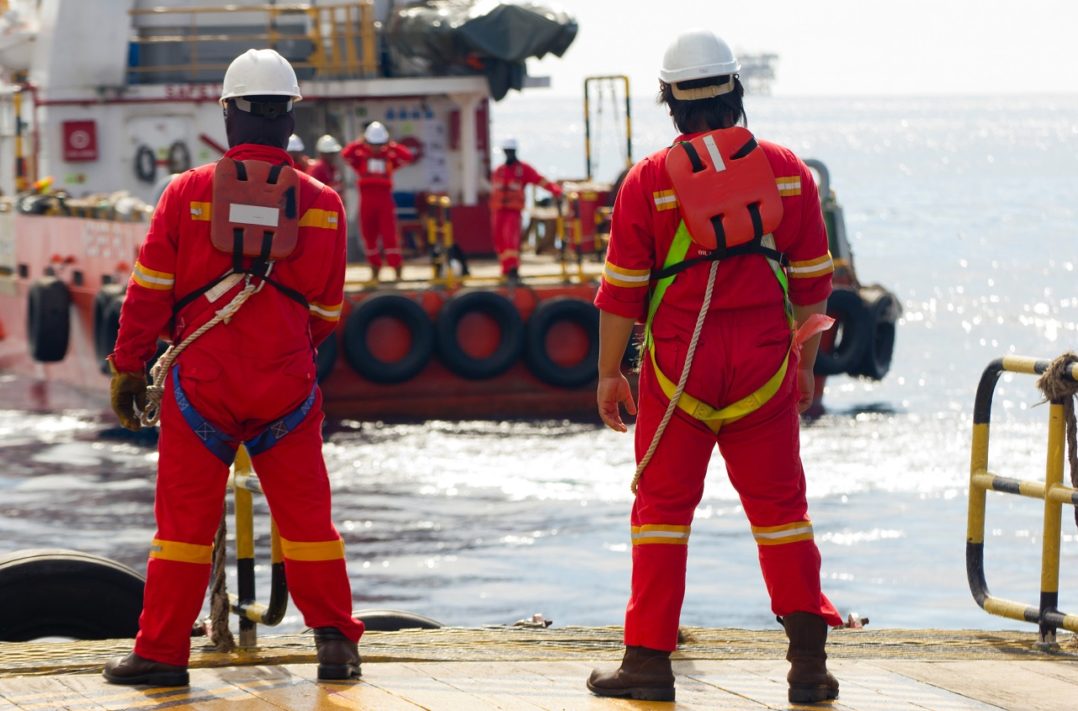Concerned mining and energy employers are calling for a multi-factor test to ensure specialist contractors are not caught up in the government’s proposed “Same Job, Same Pay” laws.
The Australian Resources & Energy Employer Association (AREEA) is consulting with Employment and Workplace Relations Minister Tony Burke and department officials on this critical technical development.
AREEA led a recent delegation of senior executives representing contractor and service provider member companies to Canberra for talks with Mr Burke and continues to work constructively with the minister to help the government provide clarity.
AREEA’s focus is the policy’s potential expansion from targeting traditional labour hire to other contracting arrangements that provide specialist maintenance, production, facilities management and related support services to the mining and oil and gas sectors.
“These services are not labour hire,” said AREEA CEO Steve Knott. “But they are absolutely vital to the continued prosperity of mining and oil and gas operations around Australia.
“The recent federal budget surplus – the first in 15 years – was delivered on the back of resource and energy tax receipts and record export earnings of more than $400 billion.
“Should ‘Same Job, Same Pay’ unduly capture the contractors who are essential to that success, the resulting regulatory burden would make many contracts unserviceable and potentially push the economy closer to the brink of recession.”

Mr Knott said a key difference between the commercial contractors or service providers and traditional labour hire involved the scope of delivery – such as the length of the project and who was providing the equipment and supervision.
He said AREEA’s multi-factor test – which Mr Burke has been asked to consider – sought to help regulators determine whether an arrangement was labour hire or not. Checkpoints included:
Is the employer providing only contingent labour, or is it performing independent scopes of work?
Are employees of the contracting company using the host or client’s tools, equipment, machinery and/or plant?
Are employees of the contracting company performing their work under the direct supervision of employees of the host or client? Or are the supervisory structures provided by the contracting company?
Do the contractor and its employees have a level of autonomy over their work separate to that of the host or client and its employees? Who is setting rosters, hours of work and making other day-to-day workforce management decisions?
Mr Knott said that while labour hire employees were often engaged over long periods, specialist contractors delivered a defined project as third parties on a fee or contract basis.
“For example, shutdown contractors are specialists in planning, managing and executing fast turnaround, high-pressure projects,” Mr Knott said.
“In both the mining and energy sectors, it is very common for project owners to outsource the ongoing maintenance of their assets to specialist engineering and maintenance firms.
“Further, while a labour hire company typically provide only labour, contract miners own and operate equipment, bring in entire work teams and are responsible for supervising their employees.”
Mr Knott said contractors also provided full-scale facilities management services to mining and oil and gas operators, such as cooking, grounds and building maintenance and waste management.
“Nobody could logically argue that an electrician contracted to maintain and repair accommodation blocks at a remote mining village is doing the same work as an electrician directly employed to repair electrical components at the associated mine,” Mr Knott said.
“They are not the same job.”
Mr Knott said that if the government did capture “non-labour hire” in “Same Job, Same Pay” laws, the administrative burden alone would make commercial contracts untenable and leave a gaping hole in the mining and resources workforce.
“Unless there is clarity that this policy excludes the delivery of competitive, flexible and commercially viable services to the sector, it is no exaggeration that many mining and hydrocarbons operations in Australia may shut,” he said.
“AREEA welcomes Minister Burke’s active consideration of the multi-factor test developed by a diverse cross-section of our mining and energy operators, contracting and service sector member companies.”




